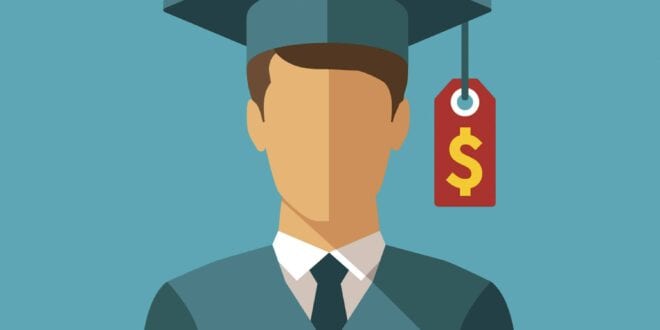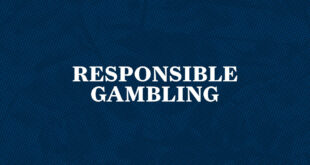Once you’ve graduated from college, you might feel relieved. Getting that degree, whether it’s an associate’s or a post-graduate, takes a lot of work, and it can feel good to get that behind you. However, there are still other challenges you may face, and one of those might be your financial life. That’s especially true if you might not have made the best choices in school. There are a few things to do once you’re out of school and in the real world.
Consider Your Student Loans
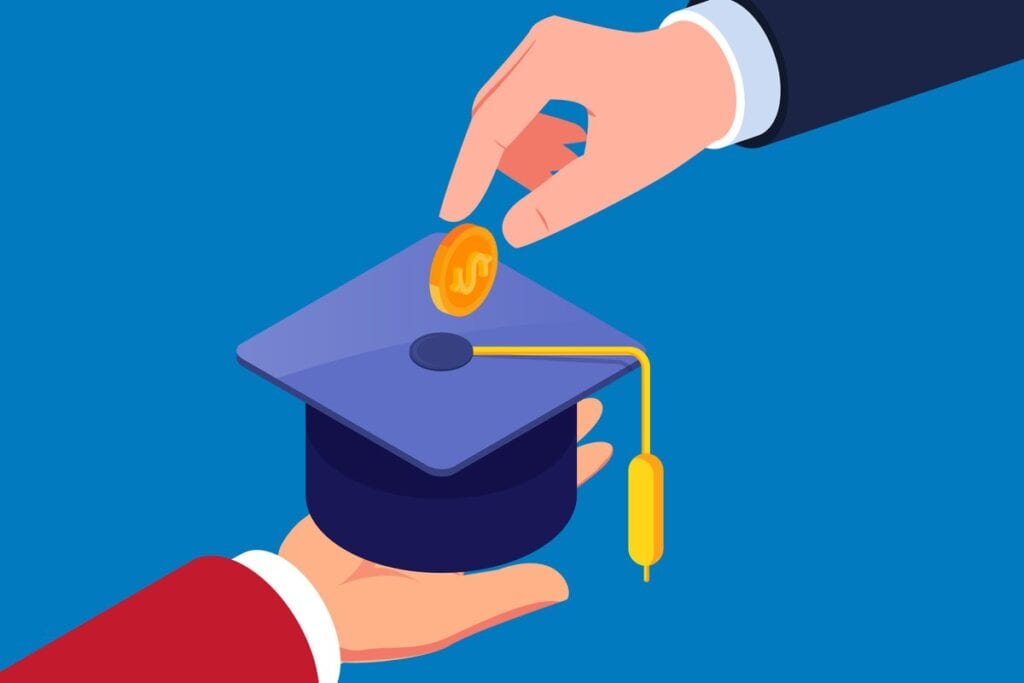
Make a plan to pay off your loans if you can. Do your research and determine precisely how much you have in debt. Add your balances up to find out what you owe, including interest. Make a note of the minimum each month. Then create a goal that allows you to pay them off in a reasonable time. While it might be hard, do your best to stick to the plan. While it’s best to try to pay your loans back as soon as you can, that might not always be realistic for some grads. You might look into applying for deferment or forbearance from this site if you can’t make your payments. With deferment, you won’t have to make payments on your loans for a certain amount of time.
You might choose this option if you’re facing unemployment, military deployment, or financial hardship. With this option, the government might pay interest on federal loans during the period. However, if you don’t qualify, you may still be eligible for forbearance. That either suspends or reduces your payments for a while, giving you more time to get your finances in order. Both deferment and forbearance will show up on the report, although choosing one of these options won’t affect your score.
Use Your Benefits at Work

It can be fun to begin your first job, and this might be a time where you are making more money than in the past. If you have a job that comes with benefits, it’s important to learn about each one and try to take advantage of them. For instance, you may get health insurance, discounts, retirement plans, and other benefits. Each one can help you save money, allowing you to improve your finances. The human resources department is a great option for helping you learn more about your benefits and how to get started with using them.
Create a Budget

If you haven’t already, now is the time to start your budget. Hopefully, this is a skill you have already learned, but if you haven’t, there are a lot of apps out there to help you with the process. The way you go about the process will depend on your expenses. For instance, if you had a spending plan while in school, you may not have had to pay rent if you lived at home. But if you’re getting an apartment, you’ll need to move some things aside. On the other hand, while your expenses might be higher, you may also have more income at your disposal once you get a job.
Start Saving

It might seem hard, especially if you have student loans, but now is the time to create a savings account. This is the early portion of your career, and if you want to be prepared for emergencies, now is the time to do something about it. If you don’t have any savings, try to build up around $1,000. Over time, try to have several months of living expenses saved. Look for an account that offers the highest interest rate you can find. But you’ll also want to avoid ones that require a high minimum balance or that charge fee each month. If you have a long-term goal in mind, such as a home, vehicle, or trip, look for money market accounts and CDs (certificates of deposit).
Start Using Your Credit Card
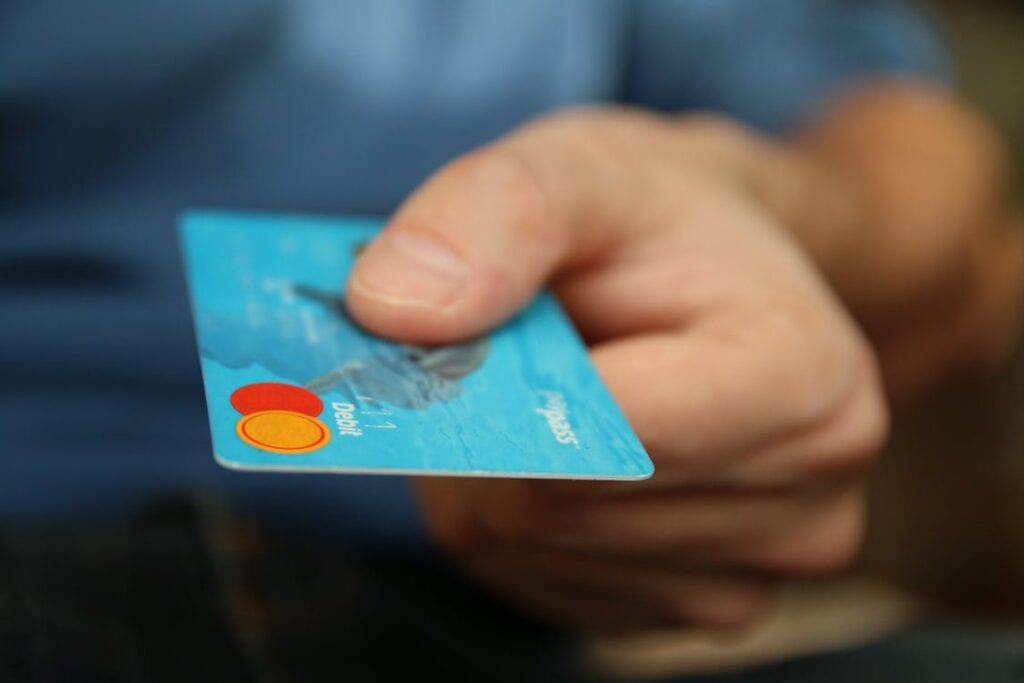
Having a credit card can be advantageous if you use it correctly. You can use it to pay for necessary items if you don’t have the cash on hand, and it allows you to begin building your credit history. Plus, some cards come with the potential to earn rewards. Just remember to use it correctly. If you have used a debit card in the past, which takes money directly from your bank account, think of a credit card in the same way. Everything you put on the card has to be paid off. Plan on paying your balance off in full each month. Remember, if you carry a balance, the interest can add up, and any benefits from rewards will be negated.
If you have to carry a balance, you might want to try to keep it as low as possible. That’s especially true if you’ll have a high-interest rate on your card. When you’re finding your first credit card, it’s important to look at your options. Compare the options and look at the rewards, APR (annual percentage rate), and any fees. That way, you can pick the right card to fit your spending habits. Consider looking at reviews to start looking at the features of different options.
Keep Track of Your Credit Score
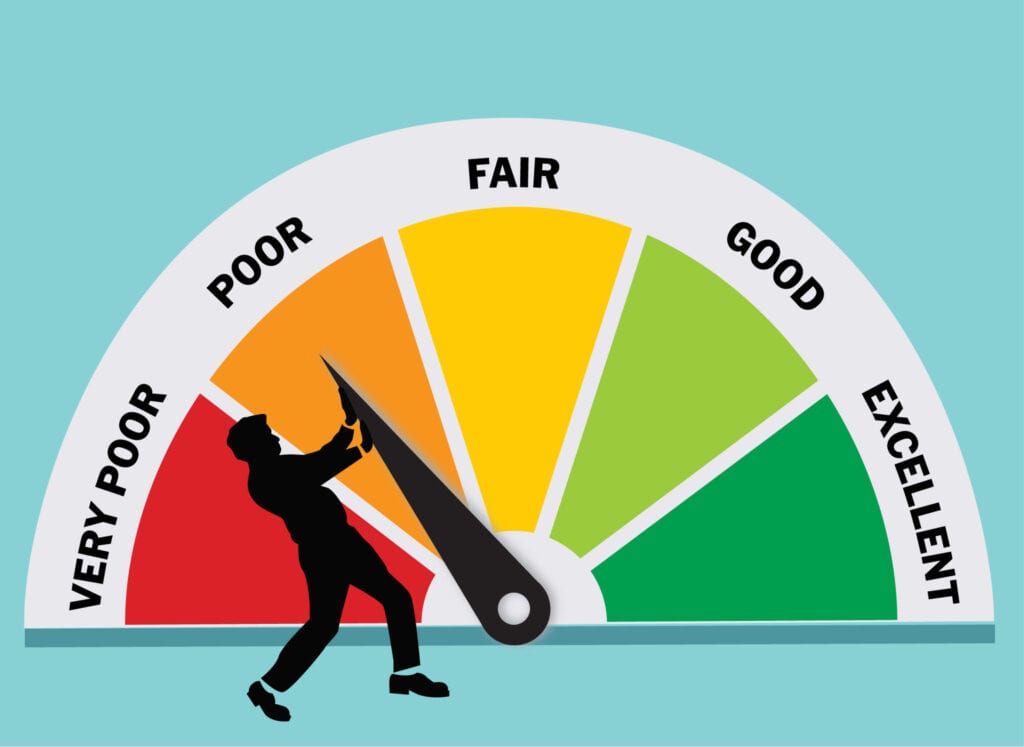
A credit report gives you information about your financial history, and your score is a number based on the report. Whether you want to refinance loans, get a car, or take out a home mortgage, each one is important. Some credit cards offer access to your FICO score. Other times, credit monitoring services might allow you to view your score. One of the reasons it is critical to monitor this score is so you can ensure the accuracy of the information. If it is incorrect, your score may go down. As soon as you notice an error, dispute it so you can get it corrected. To boost the number, try to pay off debt on time. Make your loan repayments regularly, and don’t carry a high credit card balance. Even phone and utility bills should be paid on time to avoid negatively affecting your score.
 Imagup General Magazine 2024
Imagup General Magazine 2024
